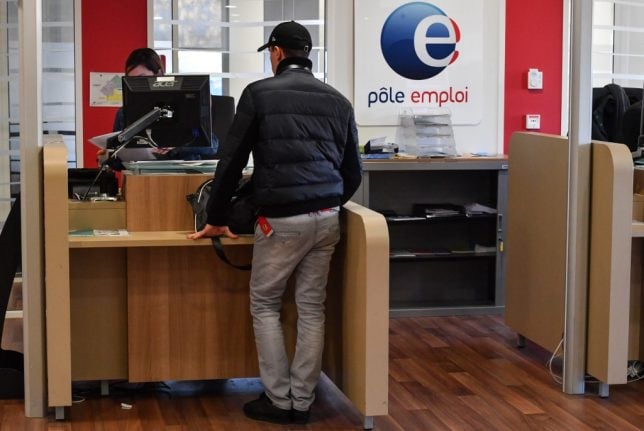As part of a raft of changes to France's unemployment benefits system, which come in to force on November 1st, there is a new opportunity for people who want to set up their own professional project.
Under the new regime, employees who resign with the intention of starting their own business will be entitled to benefits as a replacement income for 15 months while they get their new project up and running.
So if you have a great idea for a tech start-up, or believe you could be the next Bernard Arnault, this could be your opportunity.
There are some conditions to getting the benefits payout, however.
-
You must be a salaried employee who has been working for your present company for at least five years
-
You need to be able to demonstrate the 'real and serious nature' of your project, rather than just having a vague idea
-
You must be willing to undergo some kind of extra training relevant to your project, for example a course in accountancy or a human resources qualification
- You must be willing to allow the Pôle emploi (benefits office) to monitor the implementation of your enterprise while you are getting benefits.
The benefits you get will be paid at the same rate as other types of unemployment benefit, which in France are based on your former salary, rather than paid as a flat rate. So the more your current salary is, the higher your benefits will be, up to a cap of €7,700 a month.
And if your business idea doesn't work out there's nothing to stop you having another go. If you go back to salaried employment and clock up another five years, you can then resign again and claim the same benefits.
The changes might prove a boost to president Emmanuel Macron's efforts to turn France into the 'start-up nation'.
More than new 600,000 companies were created in 2018 and the Macron administration is aiming to to ease the process of creating a company and to change France's mindset on business.
READ ALSO How France is rebranding itself as the 'start-up nation'



 Please whitelist us to continue reading.
Please whitelist us to continue reading.
Member comments